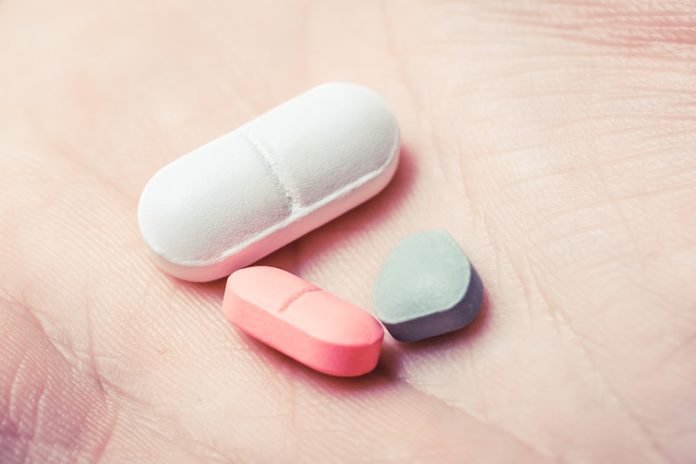
Opioid use disorder (OUD) is a serious issue that needs more attention.
Not enough research has been done on the most effective ways to treat it, particularly through medication-assisted treatment (MAT), which combines medicine with counseling and behavioral therapy.
The problem is that many people who need MAT don’t receive it due to several barriers such as stigma and cost.
A new study by West Virginia University has tried to address this gap by interviewing more than 200 people in West Virginia who have suffered from opioid use disorder and have been in MAT.
Adam Baus, director of the Office of Health Services Research at the university, led the research.
The Findings
The researchers found that people would be more willing to go into MAT if there were less stigma around it and if they had more help with payment. They made five recommendations to improve access to MAT:
- Make sure people are ready for treatment.
- Remove barriers to treatment, like the cost, access to medicines, and transportation to appointments.
- Provide more information about Medicaid, which could cover the cost of MAT and provide transportation.
- Make sure treatment plans are personalized and respectful.
- Reduce the stigma around MAT by treating OUD like other chronic illnesses.
The researchers also found that MAT is effective in treating OUD, as it can reduce the risk of death, keep people in treatment, reduce illegal drug use and crime, help people get jobs, and improve birth outcomes for pregnant women with OUD.
However, only 28% of people who need MAT get it, and there is usually a gap of four to seven years between when someone starts using opioids and when they start treatment.
In rural areas, MAT is even harder to access because there aren’t enough prescribers, there are long waiting lists, and there is a lot of stigma.
However, people who stay in MAT for longer than a year tend to have better results.
The Future
The study’s participants were mostly covered by Medicaid or Medicare, and almost all of them were currently in MAT. Most of them had been using drugs for more than 11 years.
The researchers found that the participants wanted to find a program that could help them improve their lives.
They concluded that addiction is a long-term problem, and barriers to treatment and recovery are also long-standing. Reducing these barriers could make a significant difference in treating OUD.
If you care about wellness, please read studies about why people with red hair respond differently to pain than others, and what you need to know about chest pain.
For more information about wellness, please see recent studies about how to manage your back pain, and results showing Medical cannabis may help reduce arthritis pain and back pain.
The study was published in the Journal of Appalachian Health.
Copyright © 2023 Knowridge Science Report. All rights reserved.



